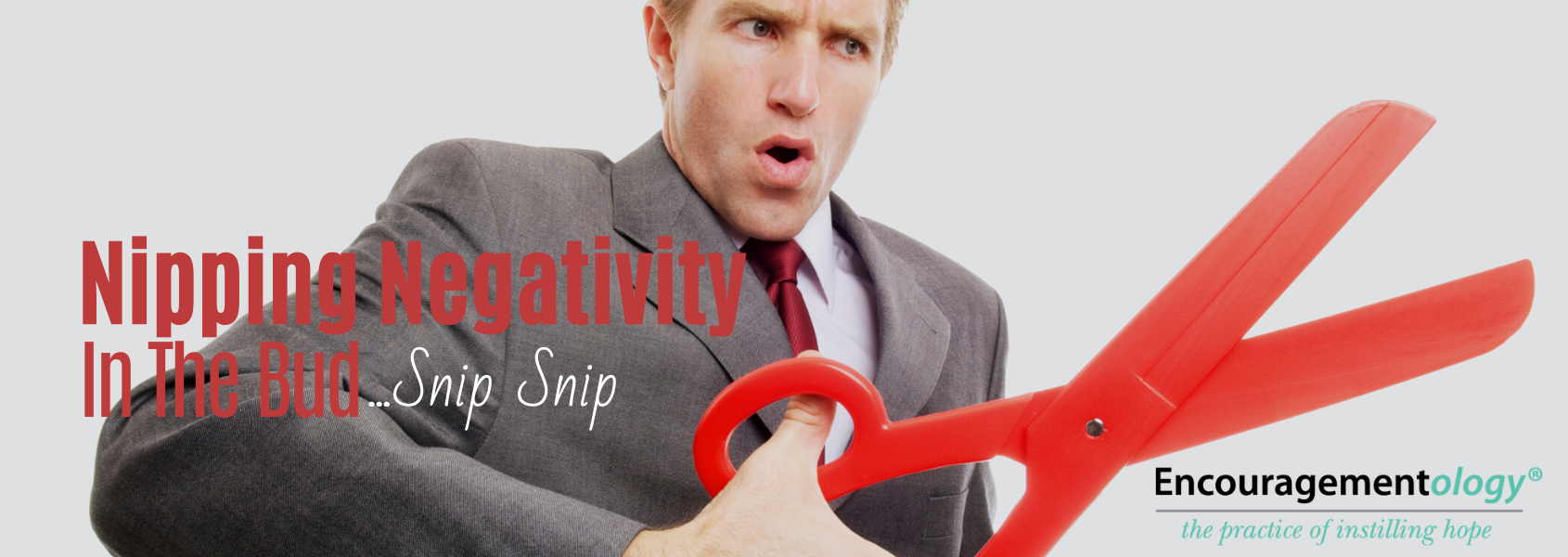SHOW NOTES:
On this show…. We are set on nipping negativity in the Bud! Now you might think, yeah right, every failed attempt starts with good intentions but we aren’t accepting failure here. Instead, we are going to tap into the power we have to drown out, avoid, or bury negativity energy with positive thoughts and actions. Doesn’t every successful ending echo power? The power you have available to you to activate. This show is all about positive alternatives to some of life’s challenges. It’s not about denying that there are real challenges that you will face on a daily if not hourly basis. But instead of sinking in the bog of helplessness, we are searching for positive alternatives to cope and succeed.
We cover the power to choose. What a wonderful sense of freedom that evokes. You have the power to choose what you allow into your mind and at least, what takes root.
Next, we dive into defining and fully understanding Empathy: the ability to understand and share the feelings of another. You can read into that definition a multitude of meanings. The first thing I heard is the ability to understand. How then, do you develop the ability to understand? I’m not sure you can fully understand someone without the ability to listen to them.
Here are some thoughts we are going to explore from Amy Morin, LCSW, a psychotherapist and author of the bestselling book “13 Things Mentally Strong People Don’t Do,”.
Active listening refers to a pattern of listening that keeps you engaged with your conversation partner in a positive way. It is the process of listening attentively while someone else speaks, paraphrasing and reflecting back what is said, and withholding judgment and advice.
Here are some features of active listening:1
- Neutral and nonjudgmental
- Patient (periods of silence are not “filled”)
- Verbal and nonverbal feedback to show signs of listening (e.g., smiling, eye contact, leaning in, mirroring)
- Asking questions
- Reflecting back what is said
- Asking for clarification
- Summarizing
These tips will help you to become a better active listener:
- Make eye contactwhile the other person speaks. In general, you should aim for eye contact about 60% to 70% of the time while you are listening. Lean toward the other person, and nod your head occasionally. Avoid folding your arms as this signals that you are not listening.
- Paraphrase what has been said, rather than offering unsolicited advice or opinions. You might start this off by saying “In other words, what you are saying is…”.
- Don’t interrupt while the other person is speaking. Do not prepare your reply while the other person speaks; the last thing that he or she says may change the meaning of what has already been said.
- Watch nonverbal behavior to pick up on hidden meaning, in addition to listening to what is said. Facial expressions, tone of voice, and other behaviors can sometimes tell you more than words alone.
- Shut down your internal dialogue while listening. Avoid daydreaming. It is impossible to attentively listen to someone else and your own internal voice at the same time.
- Show interest by asking questions to clarify what is said. Ask open-ended questions to encourage the speaker. Avoid closed yes-or-no questions that tend to shut down the conversation.
- Avoid abruptly changing the subject; it will appear that you were not listening to the other person.
- Be open, neutral, and withhold judgment while listening.
- Be patient while you listen. We are capable of listening much faster than others can speak.
- Learn to recognize active listening. Watch television interviews and observe whether the interviewer is practicing active listening. Learn from the mistakes of others.
Somehow “sharing the feelings of another” has turned into a power struggle of who is right and who is wrong. Sharing the feelings of another doesn’t mean you have to stand in their shoes but it means that you are open to imagine how they must feel.
To help us explore the different types of empathy, I found some ideas from the Mindtools.com team.
Whatever you focus on grows. Think about that. Imagine you have a watering can instead of a hose hooked up to an endless supply of water. With your watering can, you are going to water and give life and power to something or someone. Would that help you narrow your focus to concentrate on only the things that truly matter? Would you waste your water just to be right or to teach someone else a lesson? Would you waste an ounce on growing suspicion, negative opinions, or gossip?
With a limited supply of focus, we are looking for the most impact. ANGELINA ZIMMERMAN describes 8 Sensational Ways to Create a Positive Impact Every Day for Ince.com
CHALLENGE: activate your power to choose positivity and eliminate negative feelings. Take the time to understand the thoughts and opinions of those around you and love them anyway. Even when you may not agree or fully understand, choose to love.
I Know YOU Can Do It!

